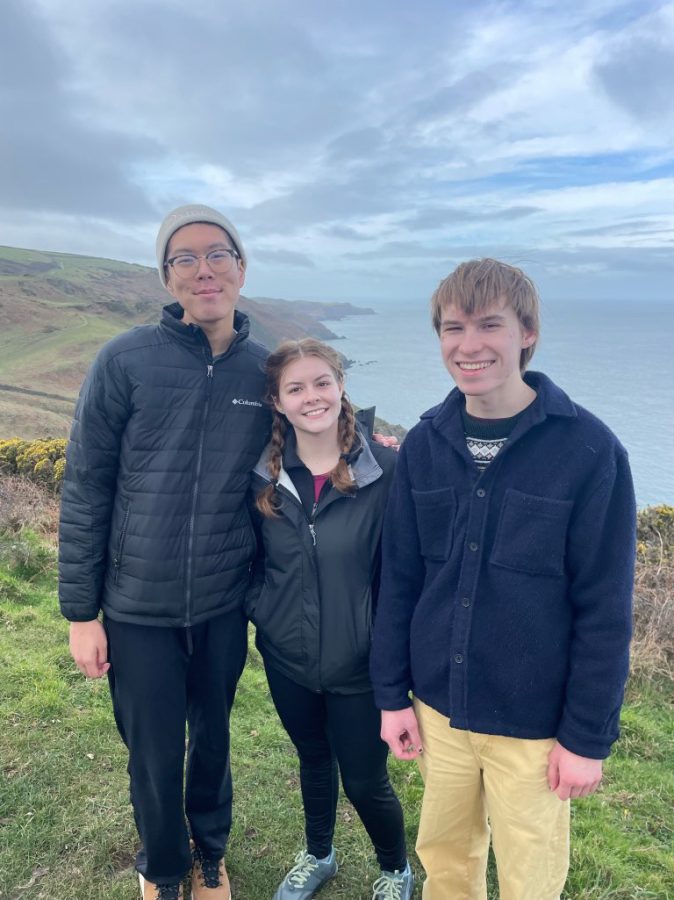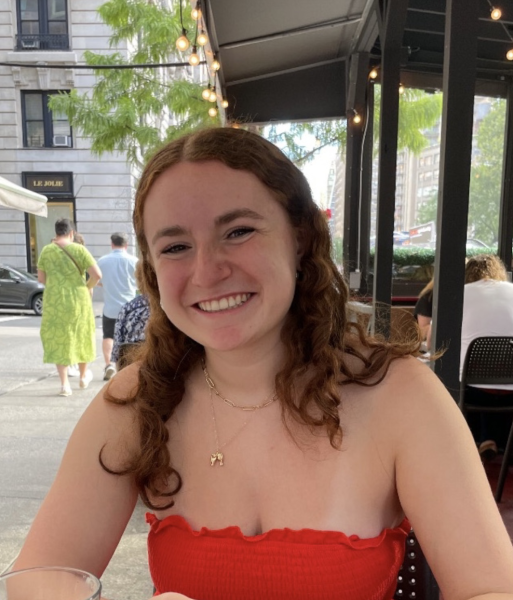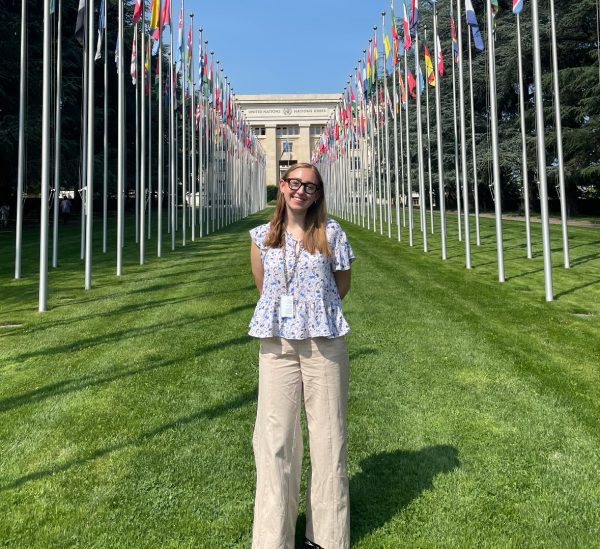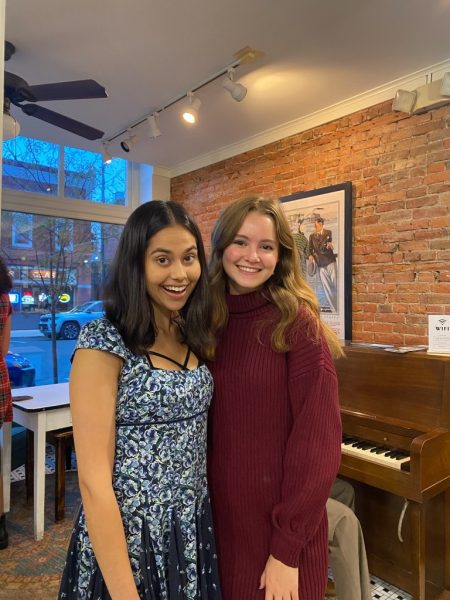Learning in London: Colgate Across the Pond
While the setting of their academic courses is different, Colgate University study groups can provide a sense of familiarity. While students on approved programs travel independently to study with students from other universities, study groups usually consist of around 16 Colgate students and are led by a Colgate professor. Two such programs are the History Department’s and the English Department’s London study groups, which are in process this spring.
Junior Elisabeth Hartke, a member of the history study group, explained the purpose and wide-reaching applicability of the experience.
“It’s providing a really interesting undergraduate research experience for history students. Not everyone in the program is a history [concentrator], but you do have to complete a seminar to even do the [history] minor, so it’s kind of like getting it out of the way either way,” Hartke said. “Just being in a city like London, there’s a lot of museums and a lot of archives that we have the opportunity to go to.”
Junior Mackenzie Lahren has also enjoyed the bustling nature of London as compared to Hamilton.
“Getting to live in London this semester has been a great bridge between college and the real world. It’s let me fall back in love with writing just by being in such an exciting place. There’s always something to do in London, if you’re bored here it really is on you,” Lahren shared.
The history and English students — whose programs are otherwise separate — come together for two courses: “Contemporary British Theatre” and “History of London.”
Studying on the English program, junior Max Gardinier’s course load looks a little different than Hartke’s.
“I’m taking ‘Travel Writing Workshop,’ ‘Americans Abroad,’ [in addition to] ‘Contemporary British Theatre’ and ‘History of London.’ They are all challenging in their own way, but I’ve learned a lot from them,” Gardinier shared.
Hartke also shared her insights about the perks of the program and what she most appreciates about it.
“I think just the new environment, because I’m from a rural area, and obviously Hamilton is extraordinarily rural, so being able to be in a city and being able to walk places and have a sense of independence and a goal that I’m really trying to get to,” Hartke said. “And without the language barrier, it’s nice that everybody speaks English, it’s very easy for me to get around as an English speaker. I think [it’s] the independence, the exploration, there’s just so many different things to do in London. It’s such a big city.”
Hartke is kept busy by the classes and excursions Associate Professor of History Alan Cooper — the trip’s leader — runs. Each history study group participant is required to write an expansive research paper by the end of the semester, too. However, there’s room for fun: Hartke described group trips to traditional British pubs.
“[Cooper is] really big on pub culture,” she said. “So now when I go into pubs, I’m like, ‘would Professor Cooper like this pub?’ Because he is English, he gets very specific about those kinds of things.”
Gardinier also discussed the perks of participating in his study group.
“My favorite part about the program is our class schedule. No classes on Thursdays or Fridays! And the best part about living in London is its working public transportation system,” he said.















